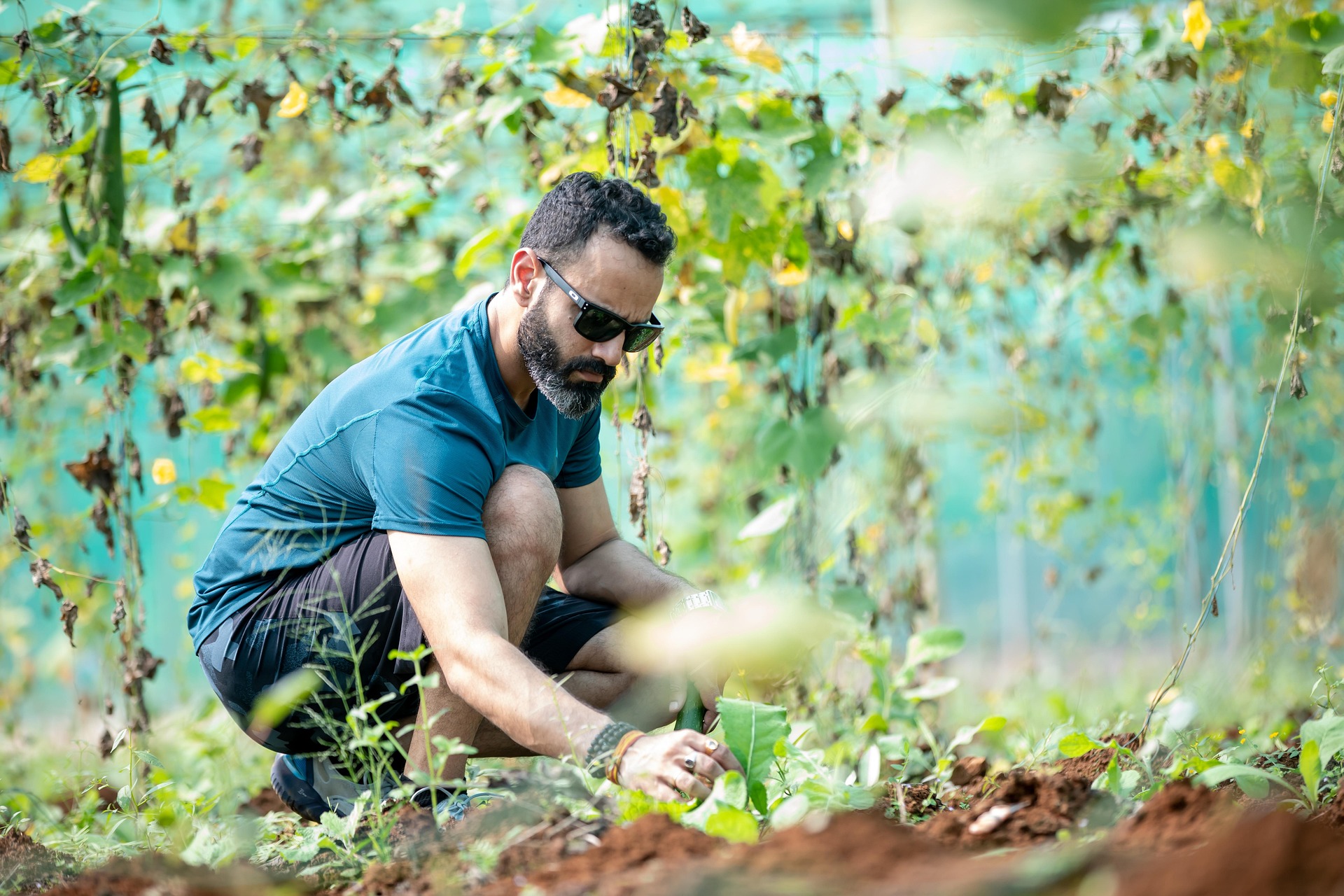Users
Social media
- More details here...
- Address
Parc Científic de la Universitat de València C/
Catedrático Agustín Escardino, 9
46980 Paterna (Valencia) Spain - Email:
iu.i2sysbio@uv.es - Phone:
(+34) 963544810
- Address
Links
An I2SysBio project, among those chosen by the CSIC to promote the creation of spin-offs

Investigation
An I2SysBio project, among those chosen by the CSIC to promote the creation of spin-offs
The Agrosensing project, led by Gustavo Gómez at the Institute of Integrative Systems Biology (I2SysBio, CSIC-UV), has been selected by the CSIC Impulsa-T programme and aims to develop devices to detect in situ early signs of stress in crops to improve production.
A project led by the Institute of Integrative Systems Biology (I2SysBio) is among the 10 selected in the CSIC Impulsa-T programme. This initiative seeks to promote the creation of Knowledge-Based Companies (KBEs) or Spin-offs that develop and commercialise technologies and business ideas generated at CSIC centres. Impulsa-T is part of Converge, the open innovation hub promoted by the Vice-Presidency for Innovation and Transfer, which acts as a meeting point for people, ideas and resources focused on making innovative projects a reality.
The 10 new EBC projects born in the scientific environment respond to current challenges, ranging from the in situ detection of early signs of stress in crops to improve production to the development of robotic technology to locate victims from a distance, or the attack with biological nanosimiles against metastatic ovarian cancer, one of the most lethal tumours.
Practical approach and market vocation
The potential EBC projects selected by the Impulsa-T programme stand out for their practical approach, their transformative potential and their ability to convert the knowledge generated at CSIC centres into applied innovation with a tangible impact. Although these initiatives emerge from different disciplines, they share the same ambition, that of converting science into concrete solutions for society, based on technologies developed at the institution and generating a new CSIC spin-off company as an instrument for development and innovation.
The Impulsa-T programme offers these ten teams a combination of financial support (up to 50,000 euros per project) and personalised technical support for one year, which will allow each project to progress in key aspects for its consolidation in the market, such as the development of prototypes, commercial validation, market analysis, funding and the configuration of the entrepreneurial team.
With this new edition, the CSIC reinforces its commitment to a transfer model that not only transfers knowledge to the market, but also generates qualified employment, promotes new spin-offs and contributes to an innovation-based economy.
Selected projects
AgroSensing: Diagnostic systems for agriculture. The agricultural production system is immersed in a context of major economic, social and environmental changes. Producers must adapt to a more efficient management of their crops, for which they need economically viable technological tools. AgroSensing was created with the aim of ‘providing farmers with the ability to routinely verify, at the field level, the presence of early warning biomarkers of damage associated with biotic and/or abiotic stress in crops, in order to assist them in making decisions for efficient production management’, summarises Gustavo Gómez, the I2SysBio researcher behind the initiative.
To this end, his research group developed the PlantPredictor technology, a device for detecting stress-related RNAs in plants based on paper-based microfluidics that has proven to be useful for monitoring the phytosanitary status of crops, providing early warning of risk and enabling precise actions. With the support of the IMPULSA-T call, the AgroSensing team will address the further development of PlantPredictor and its introduction to the market, paving the way for its adaptation towards the next generation of autonomous electrochemical devices, thus contributing to the digitisation of agriculture.
Other projects selected in this call are: Allaus: (IRII, CSIC-UPC). PI: Joan Solà; Bristlechem: (IIQ, CSIC-US). PI: Alessio Zuliani; Clima Innova: (EEAD-CSIC). PI: Borja Latorre; CPS (IDAEA-CSIC). Silvia Lacorte; Rapid Infection Diagnosis (IQAC-CSIC). PI: Mª Pilar Marco; LignoEcoPack (ICIFOR-INIA-CSIC). PI: Nuria Gómez; Mueve-T (CAR, CSIC-UPM). PI: Antonio Ramón Jiménez; Sublima2 (ICMAB-CSIC). PI: Nuria Aliaga; Tarmemet (CBM, CSIC-UAM). PI: Mª Pilar Sandoval.
With this new edition of Impulsa-T, the CSIC reaffirms its commitment to effective, sustainable knowledge transfer aligned with current challenges, which seeks to generate a real and positive impact on society. These first steps towards the market mark the beginning of business trajectories with a transformative vocation and a clear anchoring in public research of excellence.


